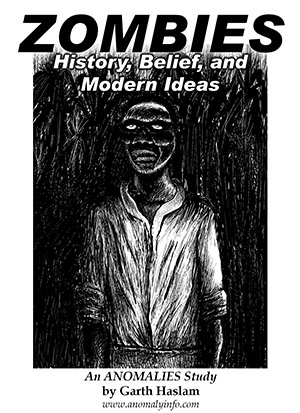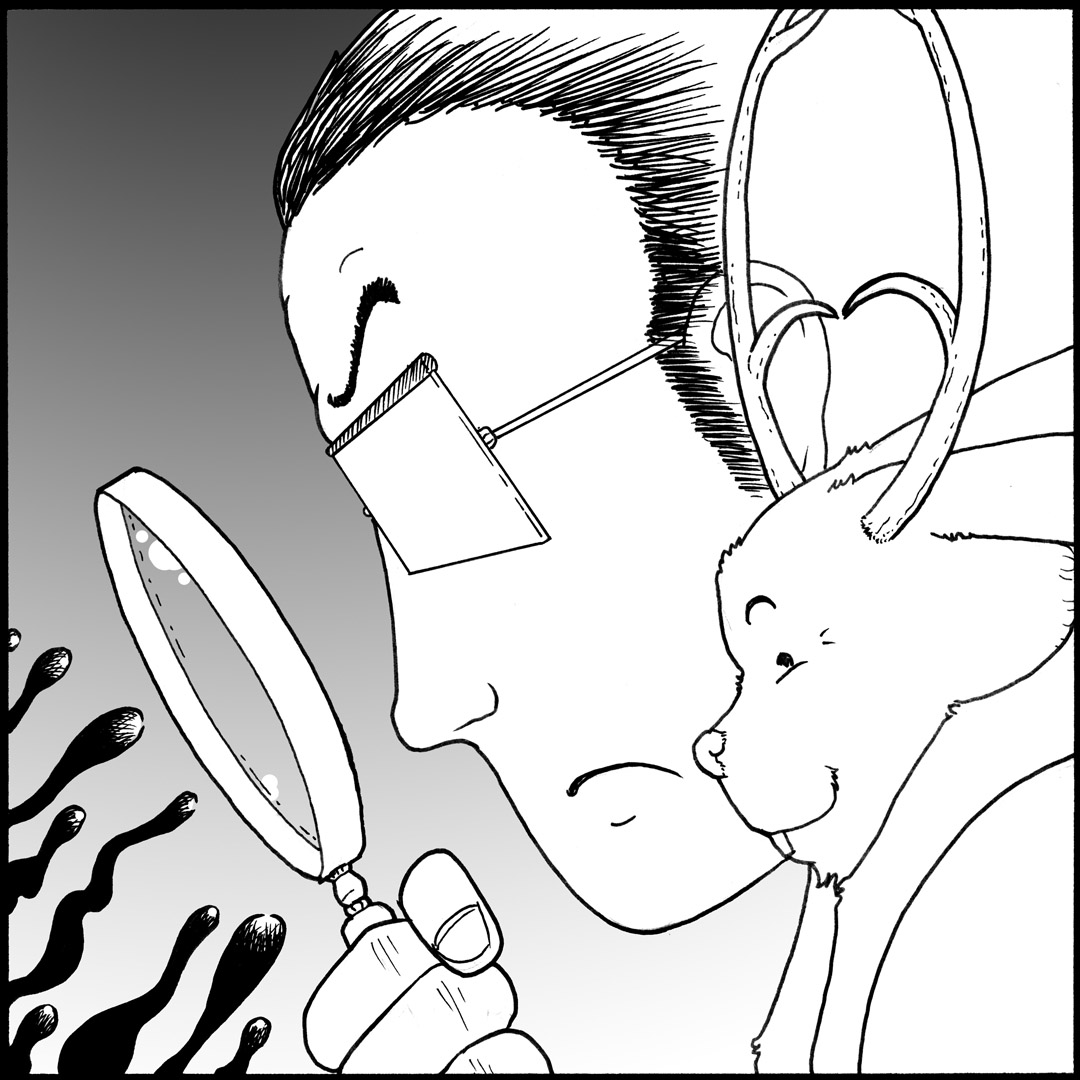1879: Riddle and Solution from The Marvelous House
The following pages from The Marvellous House lay out the main argument claiming that Bishop Wilberforce created poetic riddles... first, a paragraph from the introduction, pgs. v-vi:
THOSE who are acquainted with the late Bishop Wilberforce's beautiful allegories, Agathos, The Rocky Island, &c., will not be surprised to hear that many another similar story from the same prolific source was circulated amongst his numerous friends. The following enigma is one of these, told to children, and treasured up by a lady from whom Mr. Linstead received it. One may reasonably hope that the reader will think its value as a riddle at least not diminished by the setting, which is of course due to the author alone.
Agathos and Other Sunday Stories, which is referenced above, is a book of stories for children that was actually written by Bishop Samuel Wilberforce... there were no rhymes or riddles in the entire book.
Next I present the riddle supposedly composed by Wilberforce, followed by the solution supposedly composed by Henry C. Linstead, pgs. 78-81:
THE RIDDLE
By Bishop Wilberforce
YOUR boasted invention and wonderful skill
Can almost accomplish whatever you will;
But all your achievements, though splendid they be,
Quite fail to construct a machine such as me.
Examine me well. — I've a box to enclose
My choicest possessions; but if you suppose
Two lids that I have must be fastened to this,
I tell you at once you are judging amiss.
Two halls of devotion / gratefully own,
Both polished like marble, but built not of stone.
I've two playful animals, but the amount
Of my lesser ones never I venture to count.
Two fishes that pass through the depths of the sea,
Depart not by evening or morning from me.
And others, though varied, yet fishes no less,
In greater abundance I always possess.
I've always two scholars, twin brothers they are,
And each is as bright and as fair as a star.
You'll think I must live in magnificent state,—
I've ten Spanish nobles upon me to wait;
While two foreign trees, that are verdant and high,
Are constantly ready my wants to supply.
I've weathercocks countless; and always with me
Are implements many, that all men may see
In the carpenter's bag. If you stood at the close
Of a stormy debate, when the Speaker arose
To make his division, 'tis perfectly clear,
Two features of mine you would certainly hear.
Say what is my Whole, and be sure in your answer
Each separate part to unfold if you can, Sir.
THE wonderful structure, when rightly conveyed,
So fair in itself, and so fearfully made,
If truly your famous Enigma I scan,
Ingenious propounder, is certainly Man.
How vainly all finite invention would strive
A frame with such exquisite parts to contrive!
The box like a cabinet quickly is guessed,
I'm perfectly sure it is only the chest;
The lungs and the heart, more essential than brain,
This wonderful casket is known to contain.
Two lids we should certainly see with surprise
On the chest; but we know there are lids on the eyes.
For the halls of devotion I paused, till I said,
Exactly! the temples; I've two on my head.
And the two playful animals; what can be these
But the calves? (I mean those of your legs, if you please.)
And the lesser ones, those that are countless, you say,
Must be hairs, whether sandy or black, brown or grey.
Two scholars, when stripped of their transient disguise,
Are found to be pupils; yes, those of the eyes.
I sought for the fishes, and easily found
There were two in the soles of my feet on the ground.
Besides these I saw that the shell-fish express
The muscles we all in abundance possess.
And then, as to waiters, those Spanish grandees,
There can be no question the ten-dons are these.
The trees that for service so gracefully stand,
Are both of them palms: I have one on each hand.
The weathercocks all as they move in their place,
In the veins ihat run through me I clearly can trace.
He who looks in the carpenter's bag never fails
To find, of all sizes and quantities, nails;
And what, when debates are appointed to close,
Says the Speaker, but sharply, "The Ayes" and "The Noes"?
Now compare these to the poetic riddle and solutions that were published in The People's Magazine in 1867, six years before Wilberforce died, and it should become clear that the above are just trimmed down and reworded versions of the previous publication.
Anomalies -- the Strange & Unexplained, as well as my other website -- Monsters Here & There -- are supported by patrons, people like you! All new Anomalies articles are now posted for my patrons only, along with exclusive content made just for them. You can become a patron for just $1 a month!
|







